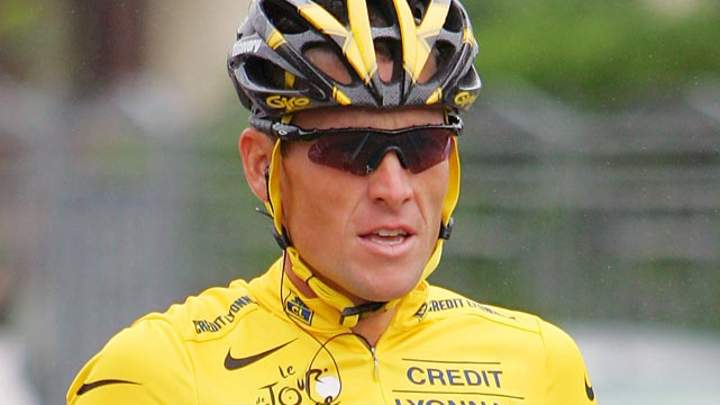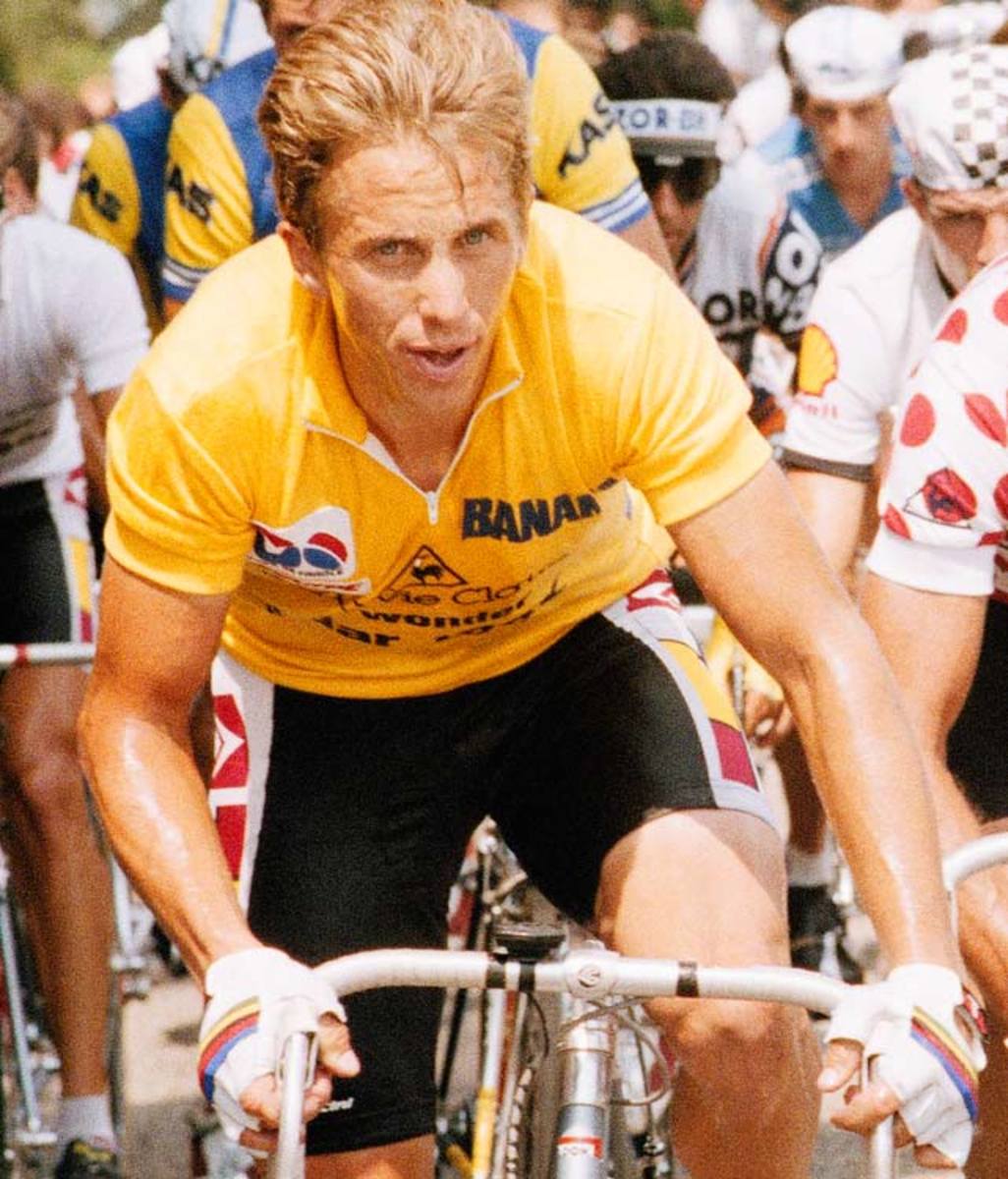Tour de France Grand Champions

Tour de France Grand Champions
7. Lance Armstrong (1999-2005)

Armstrong competed in the Tour four times in the early-to-mid 1990s, completing it just once (1995 - 36th). After beating cancer, Armstrong started beating cyclists, too. He won seven straight Tours, two more total than anybody else, with his closest win coming in 2003 when he beat rival Jan Ullrich by 1 minute, 1 second. Armstrong dominated in the doping era. Of the eight other riders who joined him on Paris podium, seven have been linked to doping allegations. And, of course, so has Lance, who has steadfastly denied them and passed tests time and again.
5. Jacques Anquetil (1957, 61-64)

Anquetil was the first rider to win five Tours and the first to capture all three Grand Tours (France, Spain, Italy). He won his first Tour de France at age 23. He skipped the Tour in 1960 but came back to win four straight. He raced in one more Tour, quitting in the 17th stage in 1966.
5. Eddy Merckx (1969-72, 74)

Many still consider Merckx the greatest cyclist ever, even after the Armstrong era. In addition to his five Tour de France victories, Merckx won the Giro d'Italia five times and the Vuelta a Espana once. He won the world title as an amateur and a pro and broke the record for most distance covered in an hour. Merckx finally began to fade away in 1975, when he was runner-up in France. He raced once more, finishing sixth in 1977, before retiring.
5. Bernard Hinault (1978-79, 81-82, 85)

Hinault, perhaps the greatest French cyclist of all time, is the only man to win all three Grand Tours multiple times. He was most decorated in his native country, however, winning in his Tour debut in 1978 and repeating the next year. The hopes of a nation built up, but Hinault dealt with the pressure with fine form. If not for knee problems, he may have won six straight Tours (he retired while wearing the yellow jersey in 1980 and missed it altogether in 1983). Hinault gave way to teammate Greg LeMond, perhaps unceremoniously, by the late '80s.
5. Miguel Indurain (1991-95)

Spain's greatest champion was the first person to win five straight Tours. Indurain is also the only cyclist in this gallery to win Olympic gold (road race - 1996). But Indurain wasn't a stud from the start. It took Big Mig (6-foot-2) seven years to celebrate victory in Paris. He was minutes better than any other cyclist in time trials, his specialty, as opposed to today's top riders, who are better at climbing mountains. Though Indurain was considered a clean rider, the next 11 Tour champions have been widely accused of doping.
3. Philippe Thys (1913-14, 20)

Before Eddy Merckx, Thys was the great Belgian cyclist. He was the first man to win three Tours and the only one in the first half of the 20th century to do so. Thys took time penalties in his first two wins -- a rarity in today's Tour -- for getting his bike fixed at a local shop mid-stage and making an unauthorized wheel change. Thys missed a chance at more Tour titles when the event was not staged from 1914 to 1918 due to World War I. Thys was not even fit enough to finish the first stage in 1919, but he came back roaring in 1920 for one more victory.
3. Louison Bobet (1953-55)

Bobet didn't start racing professionally until after World War II, in which he fought for the French. Beginning in 1947, he slowly crept up the standings (fourth in 1948, third in 1950) before breaking through in the 50th anniversary of the Tour in 1953. By 1955, his threepeat conclusion, Bobet had developed saddle sores that some believed were early signs of cancer that would claim his life in 1983 at the age of 58.
3. Greg LeMond (1986, 89-90)

LeMond was the first American to win the Tour in 1986, leading to two decades of strong U.S. showings. The LeMondster unseated teammate Bernard Hinault as the alpha male of the peloton in 1986. He missed the next two Tours after a turkey-hunting accident in which his brother-in-law shot him with a shotgun. He came back to surpass Laurent Fignon on the final stage in 1989, erasing a 50-second deficit, and similarly beat a 5-second deficit in the final time trial in 1990.
